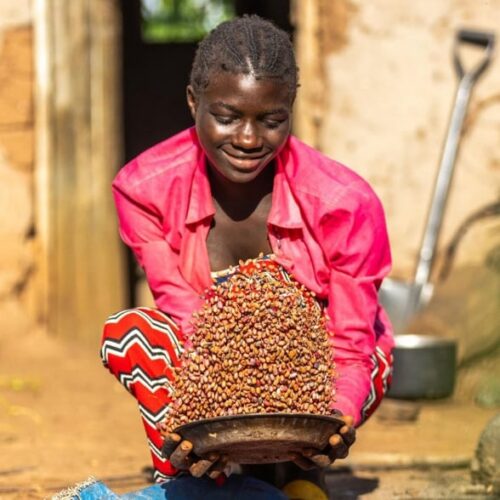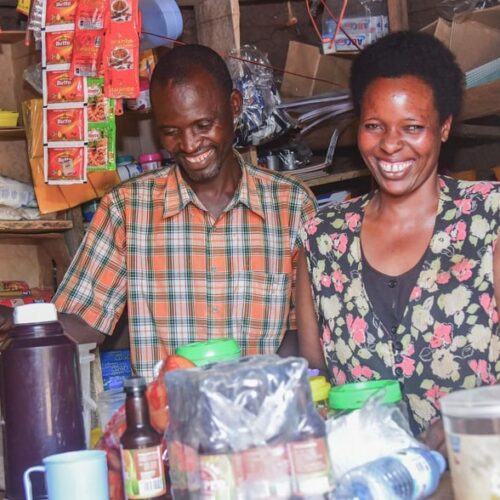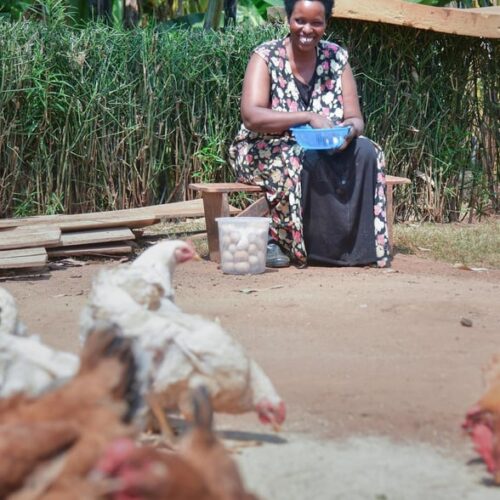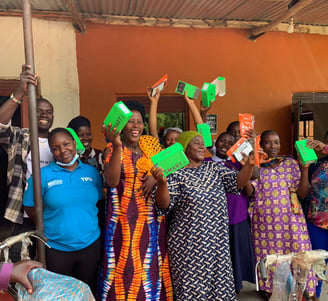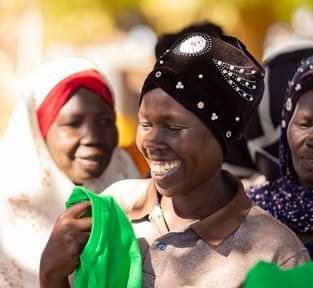BetterLife International is empowering refugee women and internally displaced persons (IDPs) in Northern Uganda through smart and sustainable agriculture, helping them achieve economic self-reliance, improved food security, and climate resilience. The project strengthens their capacity in modern farming techniques, promotes climate-friendly practices, and creates sustainable income opportunities.
Through the project, 200 refugee women and IDPs receive hands-on training, agricultural inputs, and access to demonstration plots showcasing sustainable practices like companion planting, mulching, and integrated pest management. We establish 10 women-led cooperatives with post-harvest facilities and market access, increasing household income by 25%.
The project also implements sustainable intensification on 100 acres, integrating vertical farming, aquaponics, and small-scale livestock, while offering livelihood diversification through beekeeping, poultry, and aquaculture. Community workshops on climate mitigation, environmental conservation, and cooperative management build knowledge, resilience, and collaboration. By strengthening skills and fostering innovation, the project enables refugee and IDP families to thrive sustainably and confidently face future challenges.
Project
Empowering Refugee Women and IDPs Through Smart and Sustainable Agriculture
What We Do
- Skills Training: We train 200 refugee women and IDPs in organic farming, agroforestry, water-efficient practices, and climate-resilient crops, equipping them with practical knowledge to boost productivity and nutrition.
- Cooperatives & Market Access: We establish 10 women-led agricultural cooperatives with post-harvest facilities and link them to local markets, increasing household incomes by 25%.
- Sustainable Agriculture: We implement sustainable intensification on 100 acres, integrating vertical farming, aquaponics, and small-scale livestock to optimize land use.
- Livelihood Diversification: Participants gain opportunities in beekeeping, poultry, and small-scale aquaculture to strengthen resilience and income sources.
- Community Awareness: Workshops on climate mitigation, environmental conservation, and cooperative management foster community collaboration and knowledge sharing.
Our Impact
Impact Stories
“Through this project, I learned climate-smart farming techniques that transformed my garden into a source of food and income. I now lead a women’s cooperative and share skills with my neighbors. I feel hopeful for my family’s future and proud of the positive change we are creating together.”
— A refugee woman in Northern Uganda
Our Impact
The project has trained 200 refugee women and IDPs, improved food production and nutrition by 30%, and established 10 women-led cooperatives with post-harvest facilities. By introducing sustainable farming and diversified livelihoods, the initiative has strengthened economic independence, climate resilience, and social cohesion, enabling communities to thrive even in challenging circumstances.

